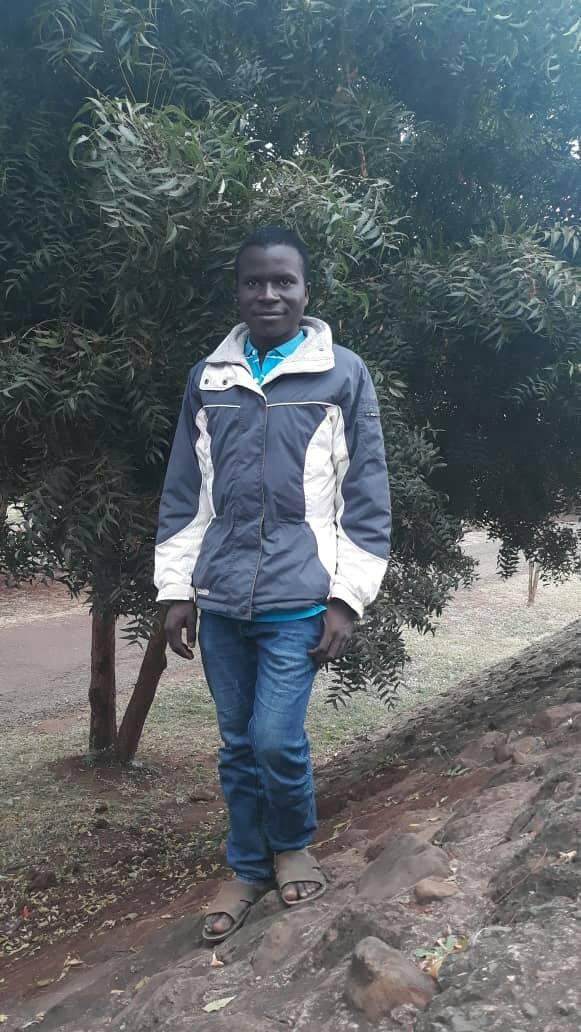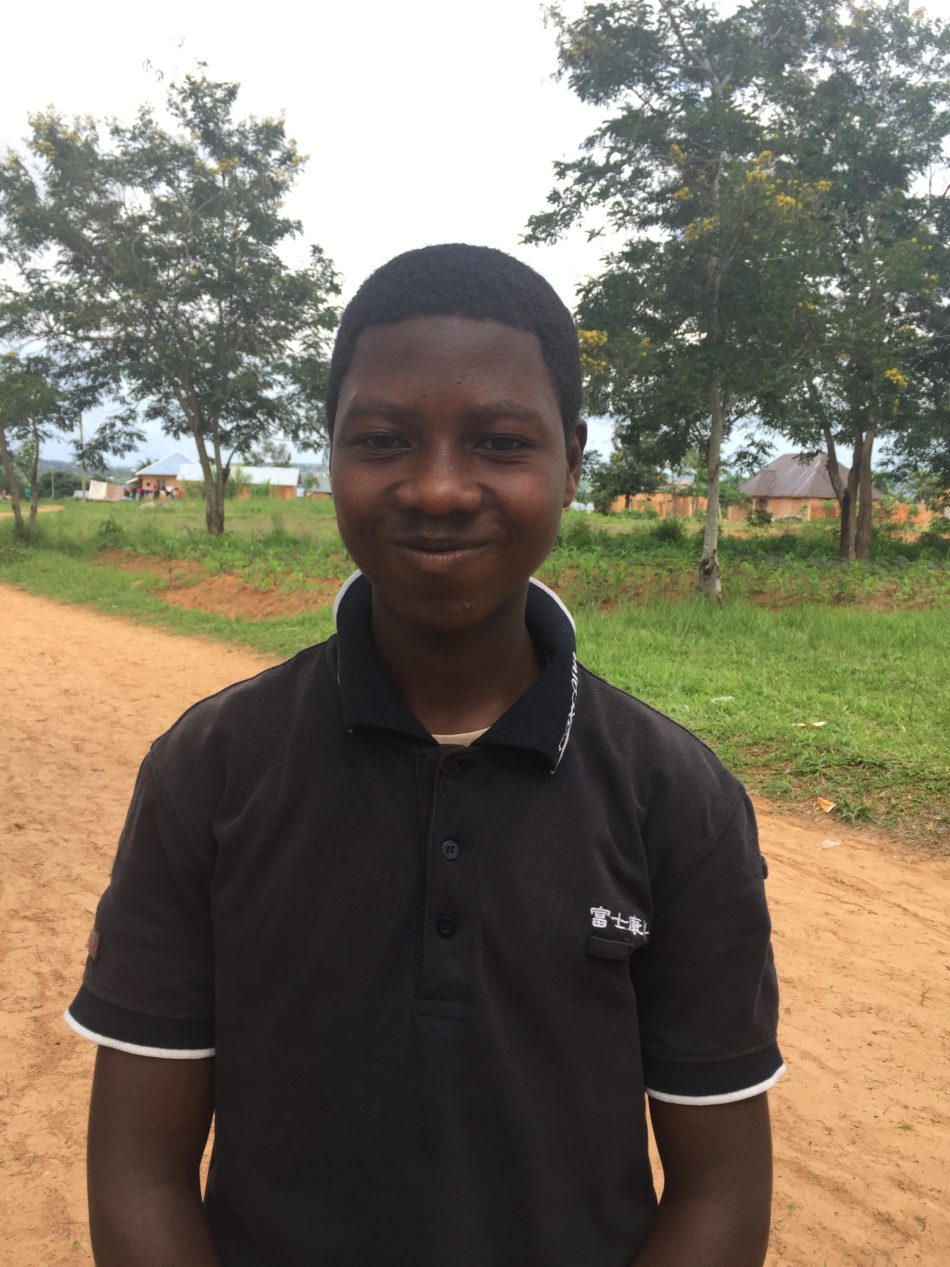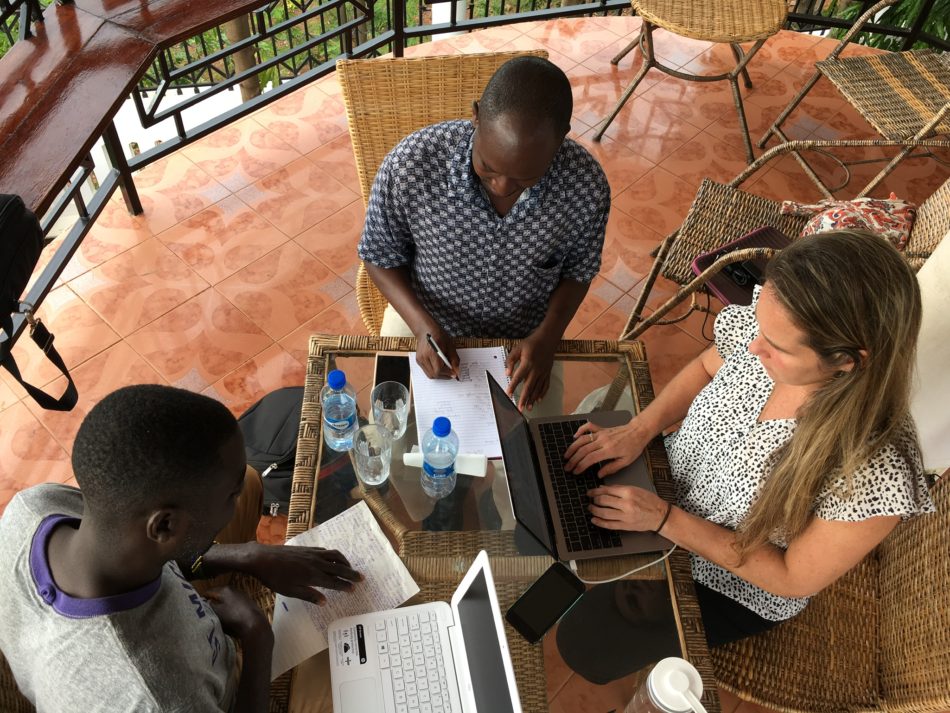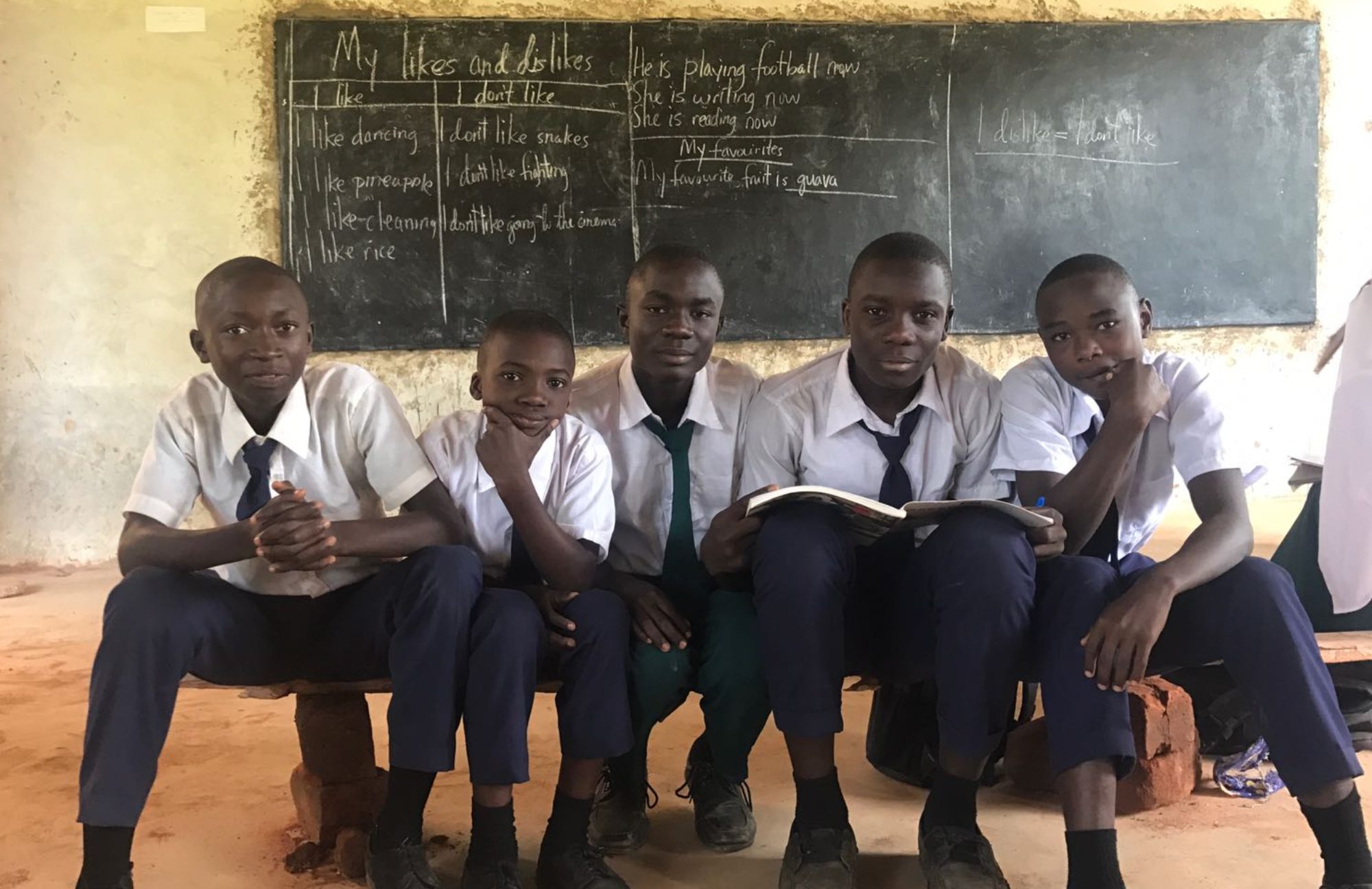We hope this update finds you in good health with access to your loved ones. In these challenging times, we at Project Wezesha want you to know that we are working to ensure that the educational needs and well-being of our students are being met. We have been on a brief pause as schools closed, but things are changing this month, which we highlight in this report.
Schools in Tanzania were closed when the very first case of COVID-19 was detected in Tanzania. All large gatherings were banned – weddings, funerals, sporting events, concerts, etc. We were initially quite impressed by Tanzania’s swift response, however, things took a surprising turn when President Magafuli began to deny the severity of the situation and urged citizens to go to their mosques and churches to “pray away” the virus, putting thousands in harm’s way. He opened the country to international flights in May and on June 1st, he returned all students to universities and high schools.
So what is the status of the young men in our program?

Dibeit, Tumsifu, and Saidi were set to graduate this past May. Their studies were put on hold in March and they each returned home to their families in the Kigoma region. They returned to university on June 1st and are continuing their studies with the hope of completing by the end of 2020.
Simoni, George and Ezra began their first year of university in Fall 2019 and also returned home in March. They returned to their respective universities to continue their first year and are hoping to finish strong – and stay healthy! They have reported that the universities are well-equipped with washing stations and that students are wearing masks and abiding by distancing practices. Our Education Director, Madaga is also back in school pursuing his PhD in Curriculum Design at Mwenge Catholic University. He shared video of the washing stations and signage that was installed at the university to keep students safe. He attests to the measures universities are taking to keep their faculty, staff and students well.

We also have a cohort of young men beginning or continuing with high school and certificate programs. Mayani and Hamisi are beginning Form 6 this year at Monyovozi and Kinondoni High Schools respectively. Lameck, Maliki, Yohana, and Anzaruni will begin their first year (Form 5) of High School in July. They are attending Kahororo, Kigoma, Kilimanjaro, and Lufilyo High Schools respectively. A few of our students are pursuing professional certificates in junior colleges. Sospeta, “The General” begins a program in Business and Management in the bustling coastal city of Dar es Salaam. Felisiano is studying Record Management within a finance program. Finally, Elias is pursuing a certificate in Business Administration. Both Felisiano and Elias will be studying in the capital city of Dodoma.
As a professor at a large U.S. university, I (Rai Farrelly) am watching the situation unfold here. There are plans in place for us to return to campus in the fall, but there are concerns, and even dissent among faculty (which was discussed in this piece in the Washington Post). Things could change – especially in light of a recent outbreak among students at our university, but most signs point to a return to on campus learning. Tensions are high and there are many stakeholders to consider when making these decisions. Only time will tell what decisions were the most appropriate as pandemic-responsive educational models unfold globally.
In all sectors of life, we are grappling with how to restore practices so that we can begin to resume teaching and learning, rebuild hard hit parts of our economies, and engage in the lives we left behind months ago. There is no way to know how this will shake out, and we can only hope for the best for our students as they begin their re-entry into the schools in Tanzania.

Lucas and Madaga are putting together the invoice for the upcoming school year. We know it’s a difficult time to give, but we need you now as much as ever. Please consider making a contribution as we prepare to pay for our students’ next year of high school, vocational training, and university studies.
The cost for Mayani and Hamisi is $250 each per year. Lameck, Maliki, Anzaruni, and Yohana will each need $300 per year. The cost of tuition for the training colleges for Elias, Felisiano, and Sospeta is much higher. Elias: $1660, Felisano: $1679, and Sospeter: $1257. In addition, as needed, some of our funds may be re-directed to make sure all students have masks and access to healthcare as they return to school.
Thank you for your support! We wish you and your family health and security in these uncertain times.
